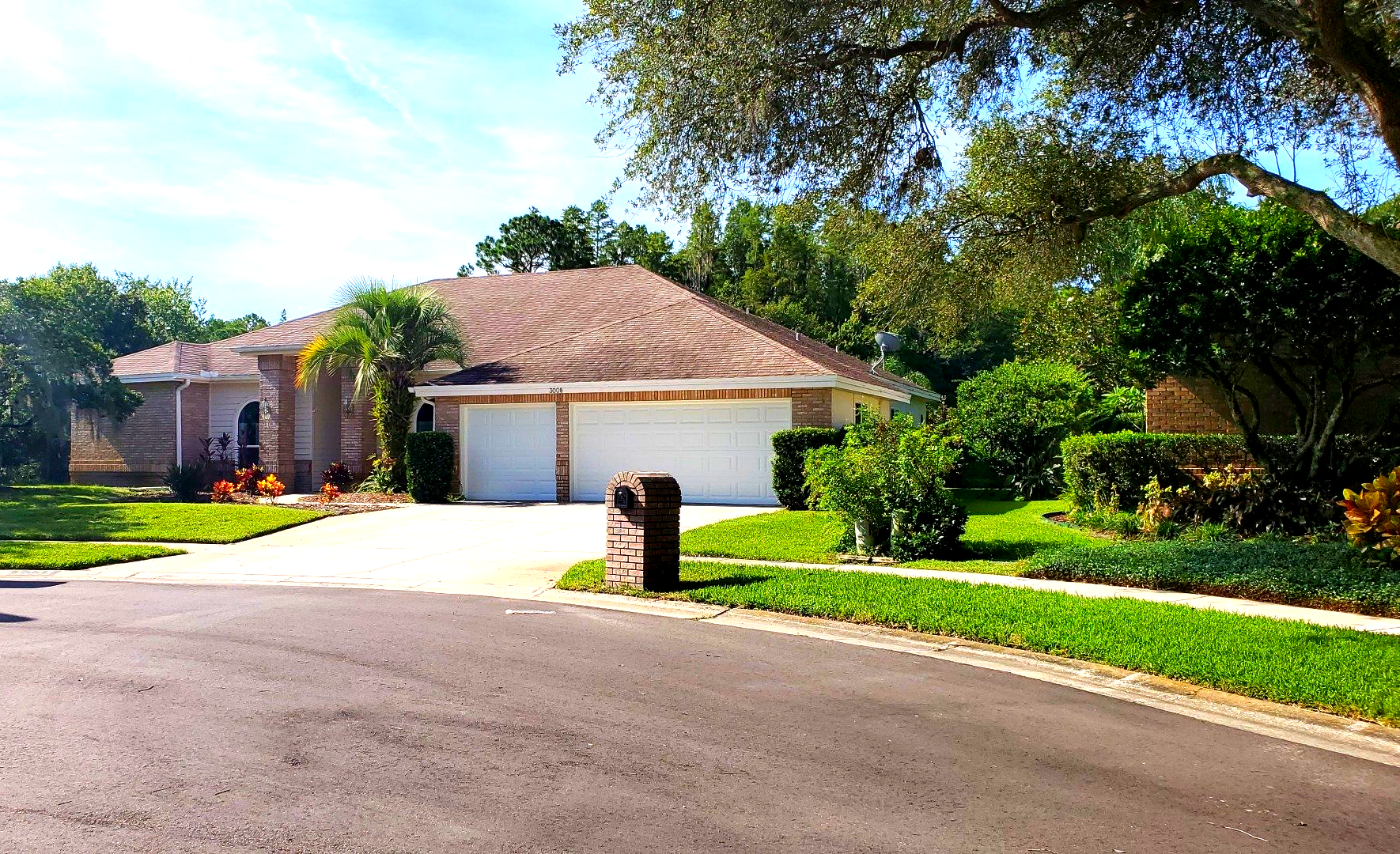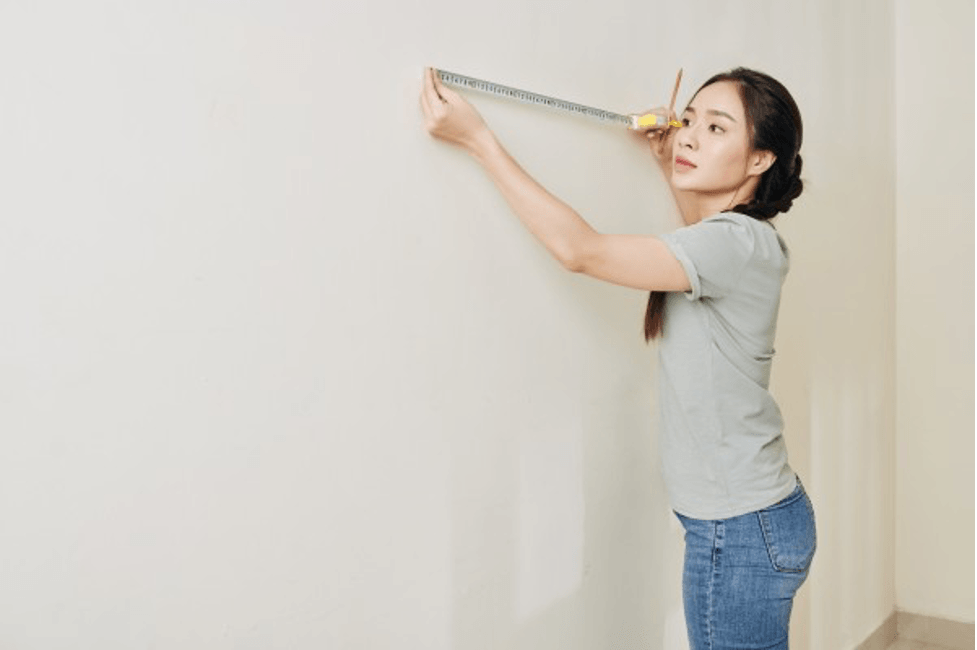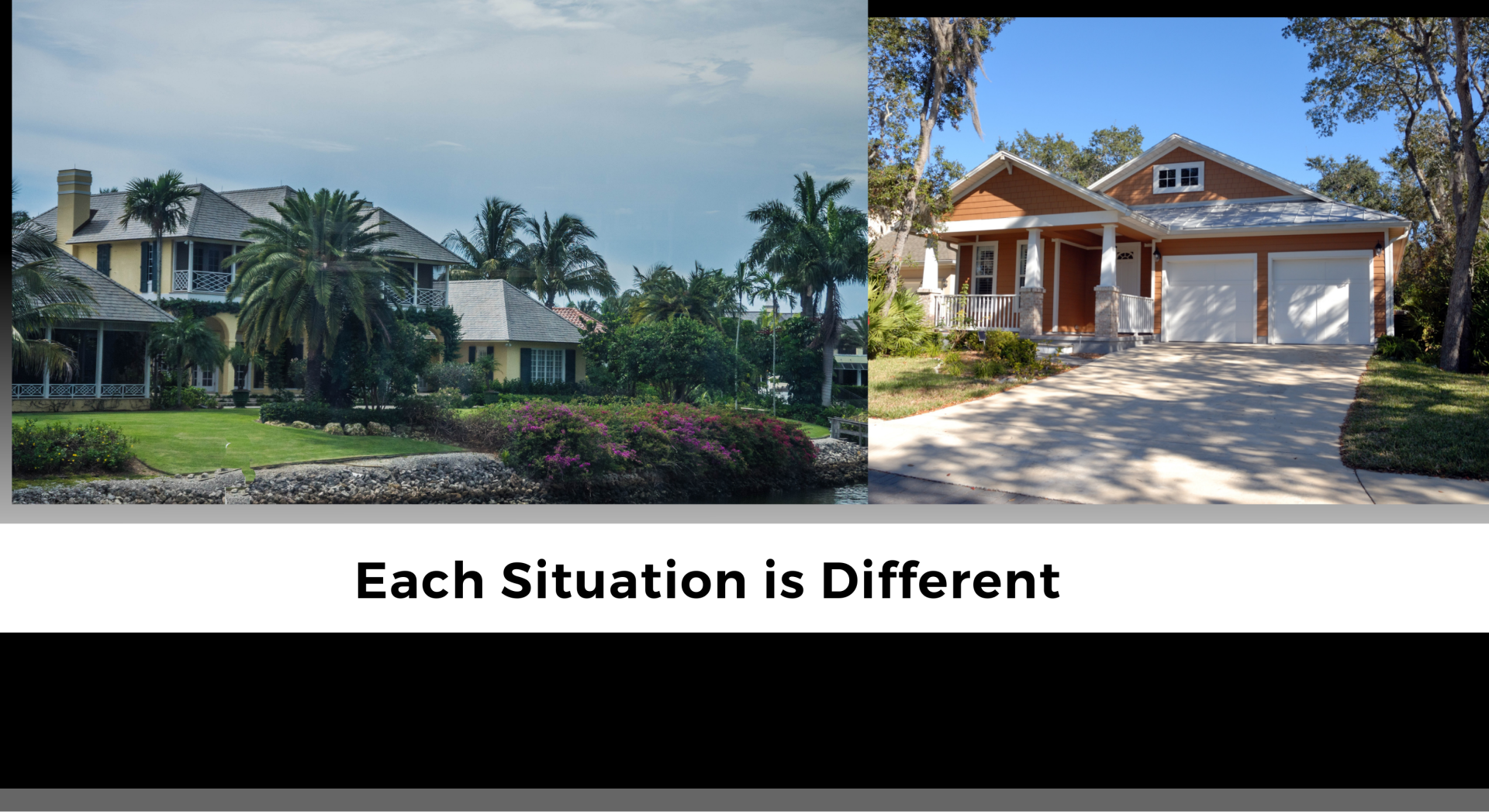Why Refinance?
What are the typical reasons to refinance?

REFINANCING A MORTGAGE
Refinancing a mortgage means paying off an existing mortgage and replacing it with a new one. There are several reasons why homeowners refinance.
- Lower interest rate
- Shorten the term of the mortgage
- Convert from an adjustable-rate mortgage (ARM) to a fixed rate mortgage (or vice versa)
- To access home equity, finance a large purchase, consolidate debt or deal with a financial emergency
When refinancing, there are costs involved, as there was with the original mortgage. A homeowner needs to review all of these costs and take into consideration their current financial situation and future goals, to see if refinancing makes sense in his or her situation. Those cost would include:
- Appraisal
- Title Search
- Application Fees
- Closing Costs
LOWER INTEREST RATE
Over time, rates do change and refinancing to a lower interest rate can save you money. These savings can be seen in lower monthly payments.
The rule of thumb is refinancing is a good idea when you can reduce your interest rate by 2% or more. However, home lenders say that reducing it 1% can reap savings to the homeowner to where refinancing makes sense.
SHORTEN THE TERM OF THE LOAN
Another benefit to refinancing can be reducing the term, or payback period, of the loan. Shorter term mortgages typically have lower interest rates than longer term mortgages because you are paying the loan back in less time. The monthly payment will likely go up because of this but, sometimes the difference is only a slight increase in monthly payment. It usually isn’t a determent to making these changes. The overall benefit of shortening the term, say from 30 years to 15 years, can mean big savings for the homeowner in interest.
REFINANCING TO CONVERT FIXED TO ARM OR VICE VERSA
ARMs often start out with lower interest rates than fixed rate mortgages. The ARM’s periodic adjustments can keep increasing over time with rates higher than available fixed rate mortgages being offered. When this happens, converting to the fixed rate mortgage to eliminate the rate hikes on the ARM can save the homeowner money.
The other side of the coin is where switching from a fixed-rate loan to an ARM makes more sense for the homeowner. If rates have fallen, and the homeowner doesn’t plan to stay in their home for more than a few years, they can reduce their interest rate and monthly payment by switching from a fixed rate to an ARM.
REFINANCING TO ACCESS EQUITY
Accessing a home’s equity to pay for major expenses like remodeling the home or a child’s college education are other reasons people will consider refinancing their home.
Instead of taking out a 2nd mortgage, many homeowners will refinance their loan to get a better interest rate and take the equity built in the home to do a remodel project. To them this makes sense because they are adding value to their home and saving on interest by doing a mortgage loan as opposed to borrowing from another source. Another justification is that the interest rate on a mortgage is tax deductible.
Refinancing to get access to the equity in a home is also a way a homeowner can consolidate their debts taking high interest debt and replacing it with a low interest mortgage. This can be a good way to save money, create cash flow and pay off debts quicker, as long as the person keeps future expenses to a minimum and doesn't go back out and regenerate more debt.
Refinancing can be a way to remove the extra monthly cost of private mortgage insurance (PMI) too. This is especially true if you have a loan insured by the Federal Housing Administration (FHA). While FHA loans can be a viable path to homeownership for borrowers with little savings or not so stellar credit, they come with a big downside, mandatory mortgage insurance. After paying an upfront premium of 1.75 percent of the loan amount, most FHA borrowers continue to pay an annual mortgage insurance premium of .85 percent of the loan amount for the remainder of the 30 year term that cannot be canceled. To eliminate the PMI, homeowners can refinance an FHA loan into a conventional mortgage once they gain 20 percent equity in their home.
BOTTOM LINE
Refinancing can be a sound financial move if it helps you to reduce your mortgage payment, shorten the term of your loan and help you build home equity quickly. It can also be a great way to bring debt under control and create cash flow.
I would be happy to speak with you about the goals you are wanting to achieve and the options that are available to you, so you can make an educated decision on whether or not a refinance is right for you. Jim Stojak 727-542-3357.










